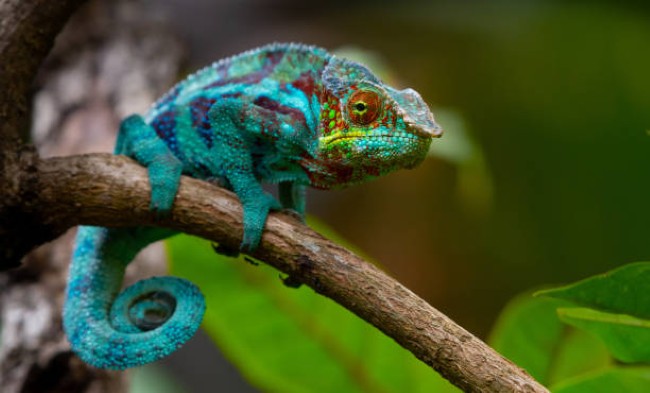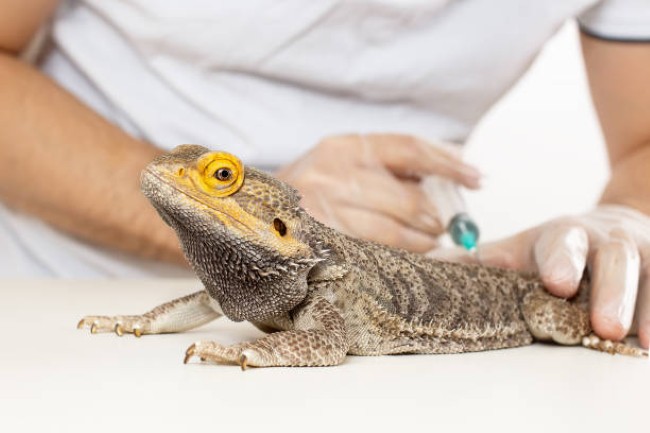
Reptiles have been gaining popularity as pet animals in recent times. From snakes with beards to bearded dragons, reptiles have a unique appeal that's hard to resist. If you're looking to get a new pet You might want to consider purchasing a reptile. In this piece, we will discuss seven benefits of choosing a reptile pet.
Low Maintenance
Low maintenance is one of the greatest advantages to owning reptiles. Reptiles do not require walks or grooming every day like pets and cats. The majority of reptiles need to be fed one or twice a week and their enclosures need to be cleaned once a month. Reptiles are great pets for those who work full time or who do not have patience to look after their pets.
Long lifespan
One of the benefits of having a reptile is their long lifespan. Most reptiles can live for over 20 years, which makes them an everlasting pet. This is particularly appealing to people who do not want to go through the emotional stress of losing their pet each and every couple of years.
The peace and tranquility of the area
Reptiles are also well-known as peaceful and quiet pets. They do not beg, meow, or make loud sounds that makes them ideal for pet owners living in apartment buildings or have close neighbors. Their peaceful nature can also have a calming effect on their owners, making the perfect alternative for relieving stress.
Unique and captivating
Reptiles have unique personalities and are fascinating creatures. They are available in a range of sizes, shapes, and colors. Each species has its own set of behavior and routines. Reptiles are an experience unlike any other that could be enjoyable. It's fun watching them discover the surroundings, eat and interact.
It's a fantastic opportunity to model accountability
Reptiles as pets are a wonderful way to help in teaching children and teenagers about the value of responsible behavior. Kids can be taught about the importance of the importance of taking care of pets. This can be particularly helpful for children in the early years who might not be yet ready to care for animals like cats or dog.
No allergies
Reptiles are hypoallergenic, which is another advantage. There are many people who suffer from allergic reactions to pet hair and dander, which can make owning a traditional pet difficult. The reptiles however aren't able to produce pet hair or dander, making them a great option for people with allergies.
It is a great option for apartments
The reptiles make great pets particularly for people with apartments or smaller living spaces. Reptiles don't require a large amount of space, and many can be kept in terrarium or other enclosure. Reptiles are an excellent choice for those who don't want to devote a lot of their space for caring of a pet.
Summary
The bottom line is that owning reptiles can be an enjoyable opportunity for pet parents. They're easy to care for and long-lived. They are also quiet and intriguing creatures that could be great for teaching responsibility. They're also hypoallergenic making them a good option for apartment homes. If you're in search of an exciting and unique pet experience, consider getting reptiles.
